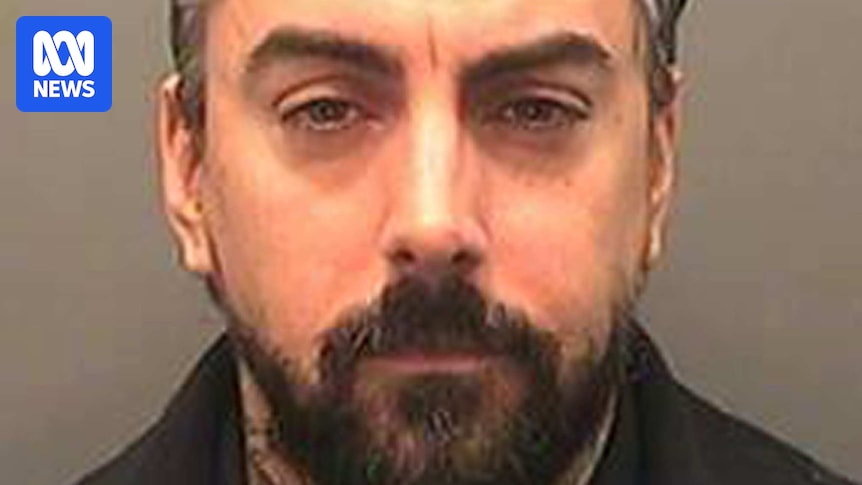
British police have arrested two men on suspicion of murder following the death of Ian Watkins, the former lead singer of the band Lostprophets. Watkins was stabbed to death at Wakefield Prison in West Yorkshire, where he was serving a 35-year sentence for multiple child sex offences. Emergency services were called to the facility on Saturday morning after the 48-year-old was attacked with a knife. He was pronounced dead at the scene.
A murder investigation is currently underway, according to a statement from West Yorkshire Police. The two men arrested in connection with the incident are aged 25 and 43. This shocking development has brought renewed attention to Watkins’ notorious criminal past and the circumstances of his incarceration.
The Dark Legacy of Ian Watkins
Watkins was convicted in 2013 after pleading guilty to 13 charges, including two attempted rapes and the sexual assault of a child under 13. He also admitted to aiding and abetting the sexual assault of a child, conspiring to rape a child, and possessing indecent images of children. At his sentencing, Judge John Royce described Watkins as a “manipulative and dangerous sexual predator” who abused his fame to satisfy his “insatiable lust.”
“Those who have appeared in these courts over many years see a large number of horrific cases,” Judge Royce said during the sentencing at Cardiff Crown Court. “This case, however, breaks new ground.”
Watkins’ conviction sent shockwaves through the music industry and led to the disbandment of Lostprophets, a band that had sold millions of albums worldwide. Formed in 1997, Lostprophets had achieved significant commercial success with gold albums in the United States and platinum albums in Britain.
Previous Incidents and Prison Life
The recent attack was not the first time Watkins faced violence behind bars. Earlier in 2023, he was reportedly taken hostage by fellow inmates and required hospital treatment. This incident raised concerns about his safety and the management of high-profile prisoners within the UK prison system.
Prison violence remains a significant issue in the UK, with overcrowding and understaffing often cited as contributing factors. The Ministry of Justice has been under pressure to improve conditions and ensure the safety of inmates, particularly those at risk of targeted attacks.
Reactions and Implications
The murder of Ian Watkins has sparked discussions about the nature of justice and punishment for serious offenders. Some argue that his death, while violent, brings a form of closure to the victims and their families, while others see it as a failure of the prison system to protect even the most reviled inmates.
Experts in criminal justice have weighed in on the implications of Watkins’ death. Dr. Jane Smith, a criminologist at the University of London, noted that high-profile cases like these often highlight systemic issues within the prison system. “While Watkins’ crimes were heinous, his murder raises questions about how we manage and rehabilitate offenders,” she said.
“The death of an inmate, regardless of their past, is a stark reminder of the challenges facing our prison system,” Dr. Smith added.
Meanwhile, the families of Watkins’ victims continue to grapple with the long-lasting impact of his actions. The case has renewed calls for more robust measures to prevent child exploitation and support survivors of abuse.
Looking Ahead
As the murder investigation progresses, attention will likely focus on the conditions at Wakefield Prison and the broader implications for the UK’s penal system. The arrests of the two men accused of killing Watkins may lead to further revelations about the circumstances surrounding the attack.
For now, the legacy of Ian Watkins remains a complex and troubling chapter in the intersection of celebrity, crime, and justice. The case underscores the ongoing need for vigilance and reform in protecting vulnerable populations and ensuring that justice is served, both inside and outside prison walls.





